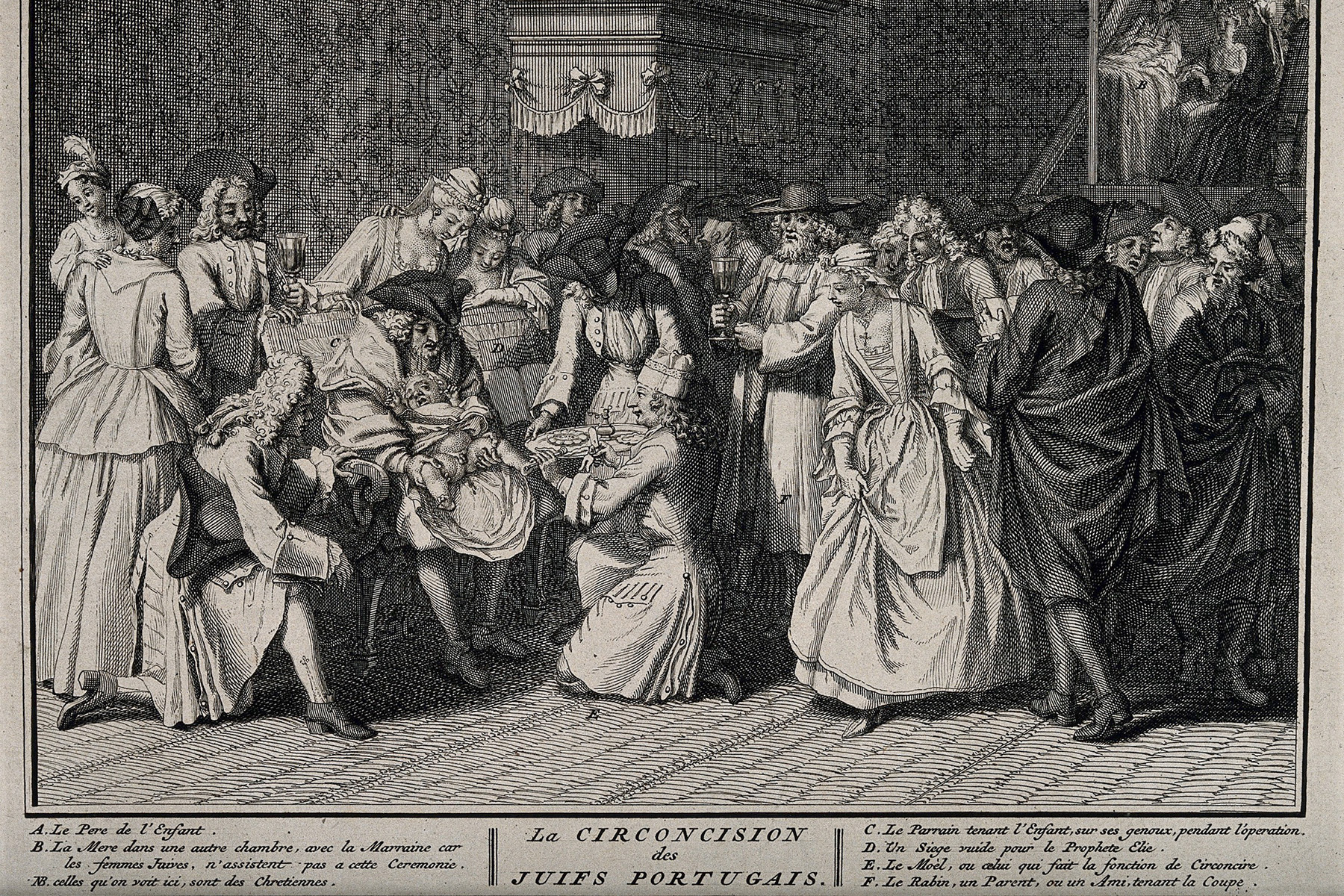After years of over-policing, racism, brutality, and unjustified killing of civilians, there’s been a public outcry to defund the police. However, there’s a lot of confusion around what that means. For many white communities, the police have been a source of comfort in what seems like an unsafe world. But for many lower-income neighborhoods and communities of color, the police are a symbol of fear and tyranny. While there is a massive movement across the USA to defund the police and reinvest that money into community development, there is still significant backlash from those fearful of a future with less law enforcement in society.
In an effort to break down this seemingly new concept, let’s start at the root of the issue. Why are the police a problem?
- Policing doesn’t keep us safe
Police brutality and killing are at an all-time high in the US. As of the beginning of September, a total of 781 people had been killed at the hands of the police in 2020. If that number wasn’t concerning enough, we also know that Black people have been 28% of those killed despite making up only 13% of the population, meaning they’re 3x more likely to be killed by the police than white people. It’s been shown time and time again that the crime levels of a city don’t correlate with the level of police violence – and getting racist and abusive cops off the streets proves to be close to impossible since 98.3% of killings by police over the past 7 years have not resulted in the officer being charged with a crime.
- Training, body cameras, and other ‘reform’ measures will not end the cycle of police violence
The current police academy training system in the US is complicated, with hundreds of different programs that lean towards a military style training but with very little standardisation across the country. Additionally, measures taken to introduce new training for things like implicit bias have little, to no effect since the time allocated is virtually insignificant. Despite hopes that introducing body cams would allow for some level of accountability, research shows that there is essentially no difference in law enforcement behavior when wearing one and footage from them rarely results in actual discipline, termination, charges, or convictions for police officers.
- The current police funding takes away billions of dollars from schools, health care, and other vital programs that need more funding to strengthen our communities
Across the USA, many major cities spend up to 40% of their municipal budget on policing alone. Despite the fact that violent crime has significantly decreased over the past 30 years – police spending has increased by 445%. This leaves important building blocks for community development, like education, welfare and healthcare incredibly underfunded. Research has shown that investing time and money into education, social programs, and health services will only continue helping to decrease crime and improve public safety.
- Our tax dollars should be invested in more humane and just alternatives to policing.
It’s important to acknowledge that a majority of police officers don’t actually do what we think they do. There really isn’t an excessive amount of crime on the streets that they’re protecting us from. The fear of crime is much more prevalent than crime itself. In fact, the share of police departments actually devoted to dealing with violent crime is only about 4%. Police were not trained to take care of many of the jobs they deal with. Calls about mental health, domestic disputes, drug use, homelessness etc. should be dealt with by trained professionals. Bringing in social workers, EMT’s, housing facilitators, and mental health specialists would provide the framework for a system that actually helps people instead of criminalizing them for being human.
- Policing in the US was established to maintain white supremacy
The original purpose for the creation of police forces across much of the US was to act as a slave patrol – chasing down runaway slaves and preventing or handling revolts. While this may seem like a dark yet small part of history to some, it doesn’t end there. Post civil war, the mingling of extreme white supremacist groups and the police force had become highly prevalent, blurring the lines between blatant racism and hate crimes and what was considered to be law and order. Entire KKK chapters were even deputized to assist and conduct police business. Despite claims that the USA has made leaps and strides since slavery and Jim Crow, the deep-rooted affiliation between far right extremist groups and the police is ever present in modern day. Research has uncovered connections between white supremacist groups and police in at least 14 different states, with additional reports of hundreds of law enforcement officials engaging in racist and nativist activity. While the true reach of this behaviour is unknown, there is evidently a widespread problem ingrained in American law enforcement.
So what would defunding the police look like?
Despite many commentators and news pundits viewing this concept as radical and describing a future of a lawless society – that couldn’t be further from the reality. The truth is, we don’t need this much law enforcement on our streets. By reimagining a society that prioritizes community welfare over surveillance and punishment we could ensure that all Americans could be guaranteed a better quality of life, receive the help they need without being criminalized, and in turn, begin to dismantle an overtly racist and discriminatory legal system.
It’s not so radical. It’s as simple as divesting from the police and reinvesting in things that matter.




